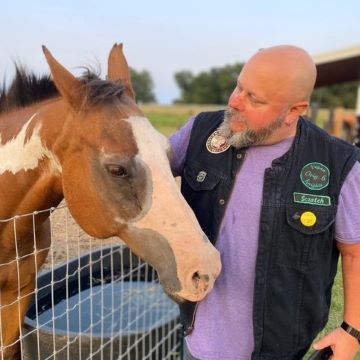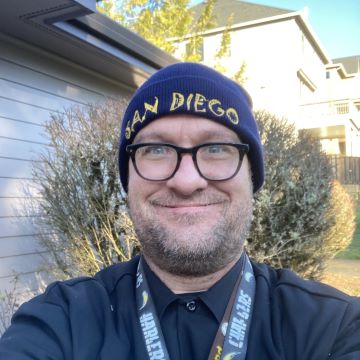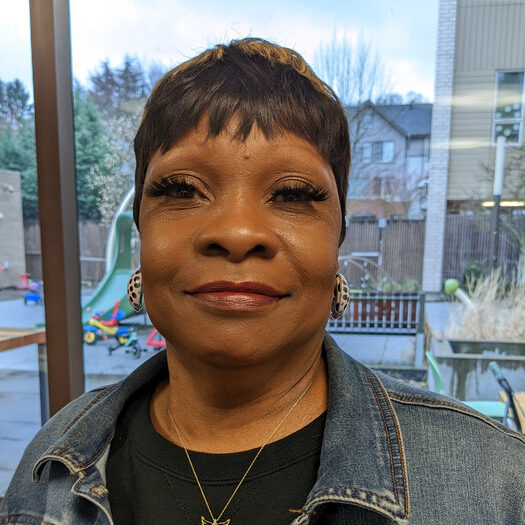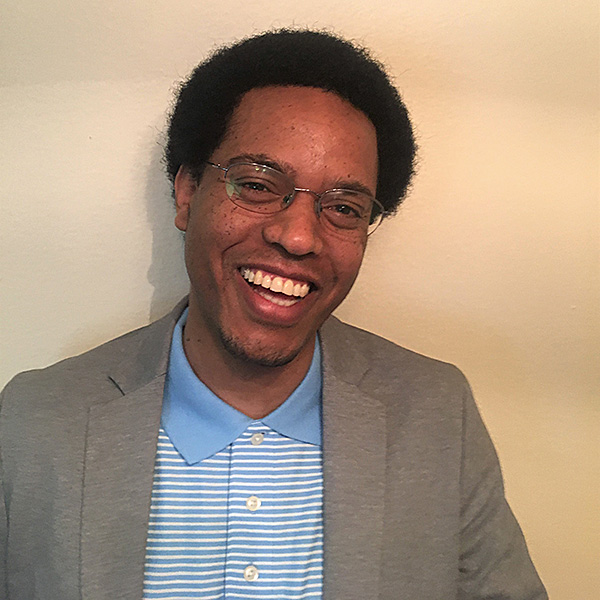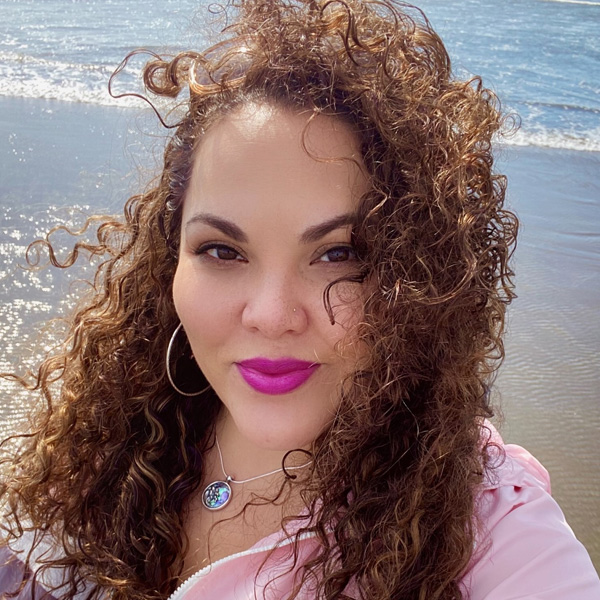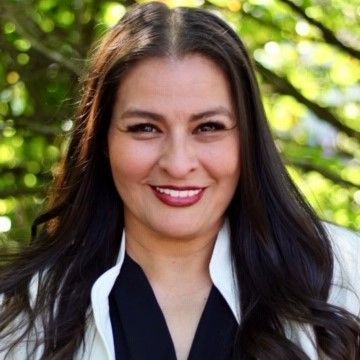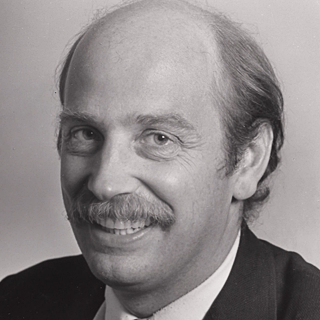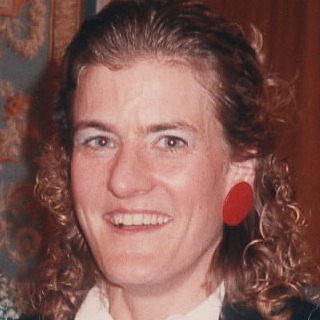Learn more about our workplace culture, benefits, and open positions.
Life at LifeWorks NW
60th Anniversary: Phyllis Maynard
Jul 15, 2021
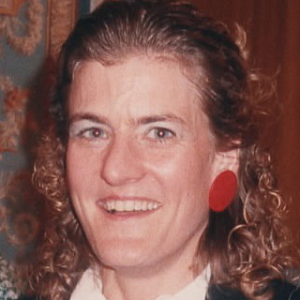
Phyllis Maynard is in competition with only a few members of LifeWorks NW’s staff for length of tenure. She joined the agency in 1982 and stayed 32 years until 2014. She began as a direct service provider in a program then called Open Gate, worked her way up to supervisor, then manager, then became Open Gate’s service director.
“My favorite title and my last one was director of Specialty Mental Health Services, because then whenever I wanted anything special, I’d say, see it’s in my title,” she laughs. “My programs are special.”
While Phyllis has a master’s degree in social work, she says much of her early experience was on the job, working in a state psychiatric hospital for three years.
“Deinstitutionalization was moving people into the community, and LifeWorks NW had a grant to start a program for people transitioning out of the state hospital; I was hired with that grant,” she says. “I started a social recreation program for people being discharged as my first job.”
Asked what programs she is most proud of, Phyllis shared the evolution of Supported Employment. Many years ago, the agency began running a sheltered workshop, sponsored by local businesses, and clients with severe mental illness worked and were paid a piece rate. According to Phyllis, it was very successful, but she and her colleagues came to believe that consumers would be better working in integrated settings within the community.
“We closed the sheltered workshop and started Supported Employment programs, and they are still going strong at LifeWorks NW today in all three counties,” says Phyllis. “It became an evidence-based practice with fidelity attached to it and worked to help people have real jobs in the community.”
She is also very proud of the EASA program that also remains an important part of LifeWorks NW.
“The Early Assessment Support Alliance program works with identifying symptoms of mental illness when consumers are young and tries to intervene early to provide supports and services to them. It includes Supported Employment, Supported Education, and a lot of work with families, to really try to change the trajectory for people with serious psychotic breaks early on.”
Phyllis is proud of helping to develop the agency’s first Behavioral Health-Primary Care intervention program with Virginia Garcia. It was funded by a United Way grant she wrote. The pilot was LifeWorks NW’s first project coordinating behavioral health and medical care, Phyllis says.
Possibly the biggest change Phyllis saw over her three decades with the agency was the expansion into Multnomah and Clackamas counties. She remembers the days when the agency was only in Washington County and they could have an All Staff meeting in one small lounge. As the staff grew, so did the need for physical space.
“Every time we remodeled to allow for more staff, we’d outgrown it before it was done,” says Phyllis. “I always felt very proud to be part of LifeWorks NW. As we’ve expanded our services over the years, it wasn’t just for the sake of expanding. A lot of times someone would go to a conference and hear about a new treatment approach for a certain population and we’d come back and figure out how to make it happen. There was that mix of being mission-driven and entrepreneurial and really strongly invested in doing a good job. Like doing the Primary Care-Behavioral integration, looking at early intervention, looking at best practices and evidence-based practices, and then just making it happen. Not just my programs, but my colleagues’ programs. And my understanding is that LifeWorks NW is still doing it. Seeing the need and filling it with high-quality services.”



